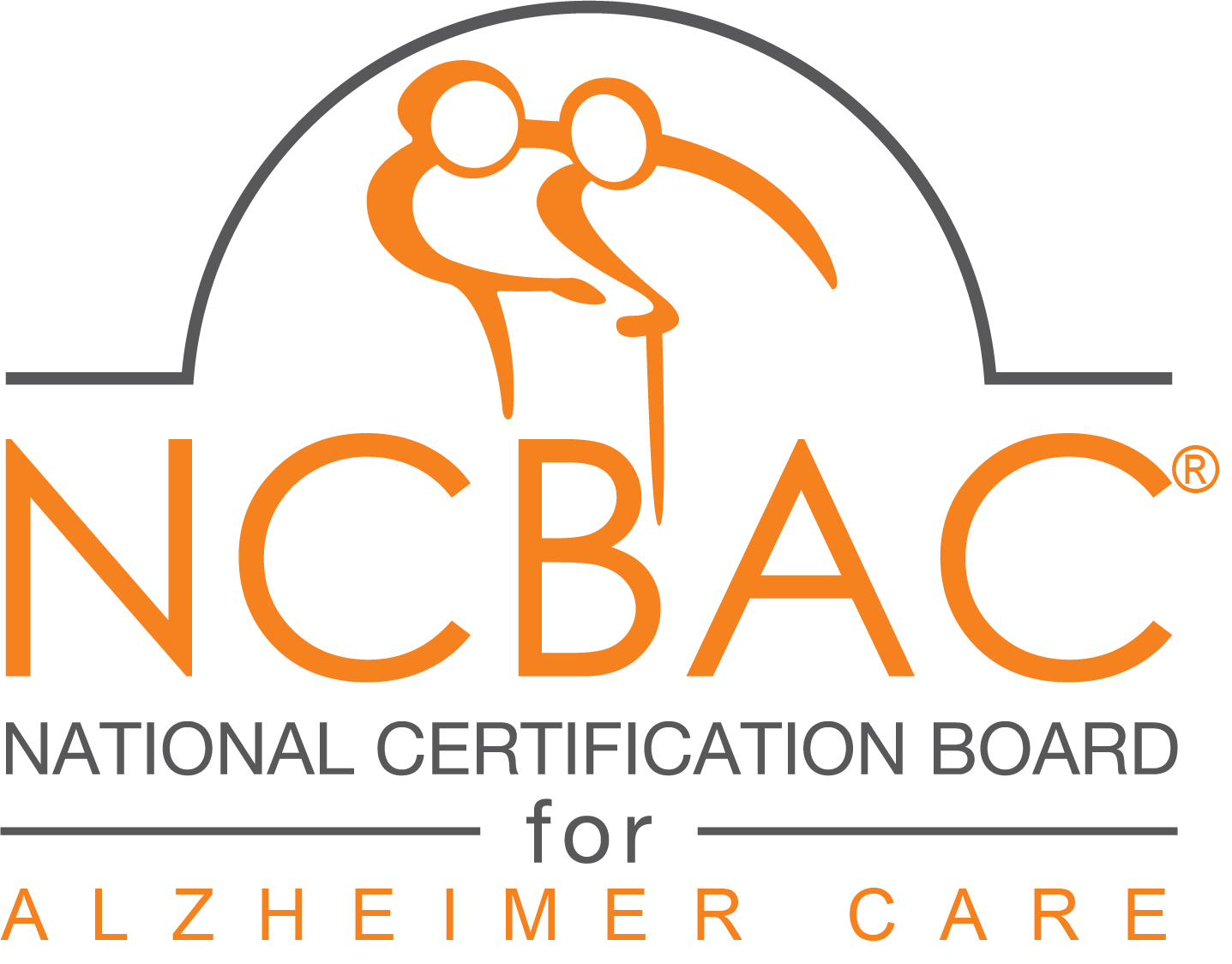Donna Kaye Hill realized that her 80-year-old mother was faltering cognitively when her phone suddenly stopped working. When Ms. Hill called the phone company, “they told me she hadn’t paid her bill in three months.”
Finding other alarming evidence of memory gaps, she took her mother, Katie, to a memory clinic. A geriatrician there diagnosed dementia and recommended two prescription drugs and a dietary supplement, a form of vitamin E.
